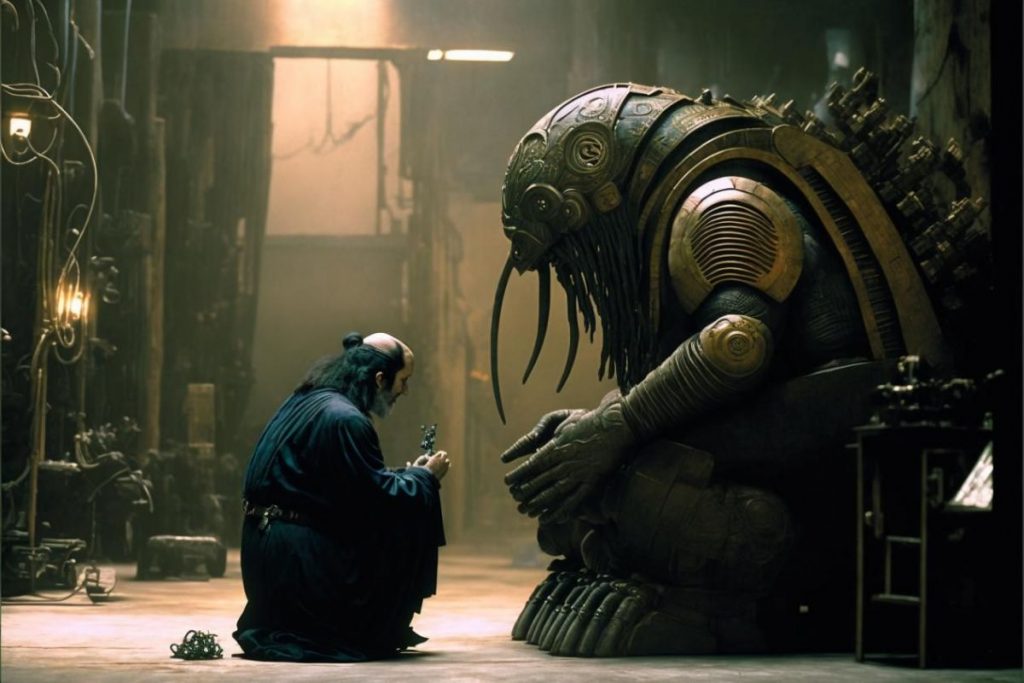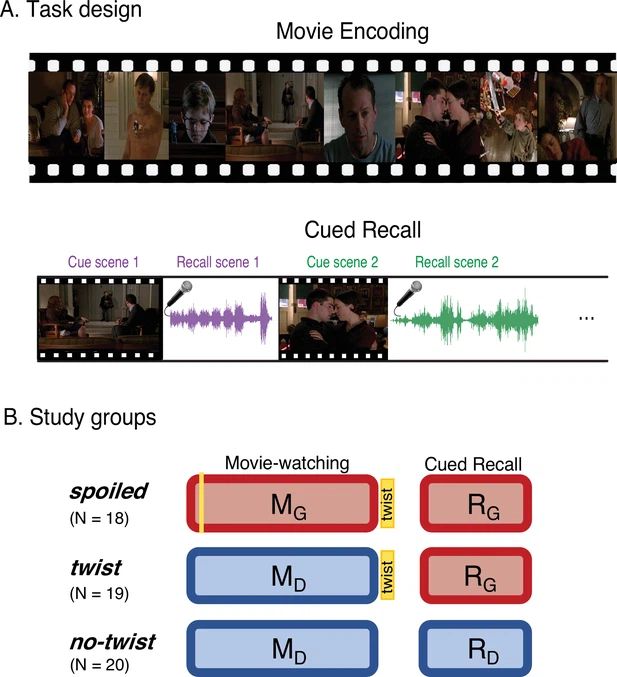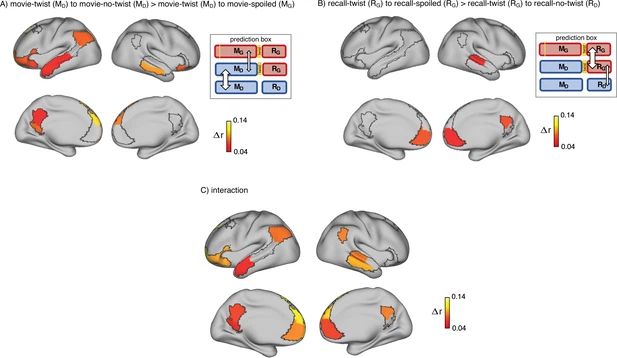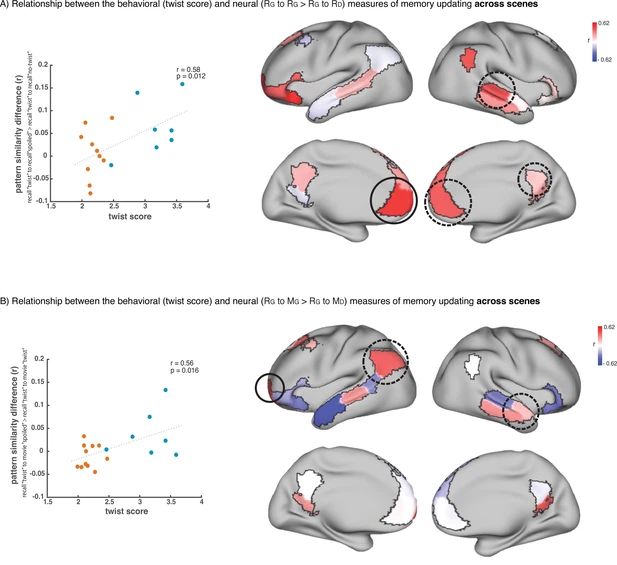Columbia University: AI will be able to think in the next two years

In Brief
Neural representations of naturalistic occurrences are updated when our understanding of the past develops, according to a recent study from three US universities.
Understanding is impossible without a retrospective update of previously encoded information in the brain in light of newly revealed circumstances.
The neural representations of previously stored scenes in memory were recoded to reflect changes in understanding of these scenes in light of new information.
Such systems’ inability to comprehend new information that modifies the interpretation of information already encoded in memory, formed during the period of AI training, is principally caused by the fact that they do not recode their memories.
Neural representations of naturalistic occurrences are updated when our understanding of the past develops, according to a recent study from three US universities. This work is notable for its objective and the creativity of its approach. The aim is to investigate how the brain modifies our understanding of previous events in response to new information by examining variations in neural representations.

The researchers used the renowned supernatural thriller “The Sixth Sense” in this study. The movie’s plot revolves around a boy who claims to see ghosts and a doctor who tries to help him. Three groups of subjects got different extra information about the two characters and were asked to record their interpretations of the movie.
| Related article: America’s education system is in dire need of 300k teachers — but ChatGPT could be the answer |
The following were the researchers’ hypotheses:
- Throughout the movie, details about the story, characters, and events are stored in the viewer’s episodic memory, depending on their personal interpretation.
- The revelation that the doctor himself was a ghost at the very end of the movie should alter the viewer’s preconceived notions about what happened earlier.
- By recoding it to include the new information, this adjustment should “refresh the viewer’s memory.”

American researchers have taken a similar approach. Neural representations (patterns of neuronal activity) of the “Default Brain Network” were examined. This network is activated, among other things, during the processing (coding) of continuous, rich, dynamic stimuli such as movies and audio stories. Long “receptive time windows” exist in the regions of this network, during which high-level information accumulated over long periods of time (e.g., movie scenes, paragraphs of text) is integrated and stored to support the comprehension operation.
Understanding is a universal cognitive operation associated with the assimilation of new information, its incorporation into the system of established beliefs, and the updates of this system when new information is learned. In other words, understanding is impossible without a retrospective update of previously encoded information in the brain in light of newly revealed circumstances.
The study experimentally confirmed the authors’ hypothesis. The neural representations of previously stored scenes in memory were recoded to reflect changes in the understanding of these scenes in light of new information.

We can draw an important conclusion from this for the development of “understanding AI.” The lack of understanding of these systems greatly diminishes the sensationalism of AI systems, such as ChatGPT’s numerous intellectual achievements.
Regardless of how difficult the most advanced modern AI systems pass or how complex intellectual functions they perform, they are still devoid of even a speck of understanding and work solely by optimizing the statistically most likely choice of the next words.

Such systems’ inability to comprehend new information that modifies the interpretation of information already encoded in memory, formed during the period of AI training, is principally caused by the fact that they do not recode their memories.
AI does not yet comprehend how the brain actively modifies our perception of past events in the light of new knowledge.
Thus, it can be said that such a “knowledge of AI” will materialize within the next two years.
Read more about AI:
- You.com’s new AI chatbot or what happens when ChatGPT-like chatbot gets real-time access to the web
- ChatGPT passes the Wharton MBA exam
- OpenAI’s CEO states that the education system should adapt to ChatGPT, not ban it
Disclaimer
In line with the Trust Project guidelines, please note that the information provided on this page is not intended to be and should not be interpreted as legal, tax, investment, financial, or any other form of advice. It is important to only invest what you can afford to lose and to seek independent financial advice if you have any doubts. For further information, we suggest referring to the terms and conditions as well as the help and support pages provided by the issuer or advertiser. MetaversePost is committed to accurate, unbiased reporting, but market conditions are subject to change without notice.
About The Author
Damir is the team leader, product manager, and editor at Metaverse Post, covering topics such as AI/ML, AGI, LLMs, Metaverse, and Web3-related fields. His articles attract a massive audience of over a million users every month. He appears to be an expert with 10 years of experience in SEO and digital marketing. Damir has been mentioned in Mashable, Wired, Cointelegraph, The New Yorker, Inside.com, Entrepreneur, BeInCrypto, and other publications. He travels between the UAE, Turkey, Russia, and the CIS as a digital nomad. Damir earned a bachelor's degree in physics, which he believes has given him the critical thinking skills needed to be successful in the ever-changing landscape of the internet.
More articles

Damir is the team leader, product manager, and editor at Metaverse Post, covering topics such as AI/ML, AGI, LLMs, Metaverse, and Web3-related fields. His articles attract a massive audience of over a million users every month. He appears to be an expert with 10 years of experience in SEO and digital marketing. Damir has been mentioned in Mashable, Wired, Cointelegraph, The New Yorker, Inside.com, Entrepreneur, BeInCrypto, and other publications. He travels between the UAE, Turkey, Russia, and the CIS as a digital nomad. Damir earned a bachelor's degree in physics, which he believes has given him the critical thinking skills needed to be successful in the ever-changing landscape of the internet.























































